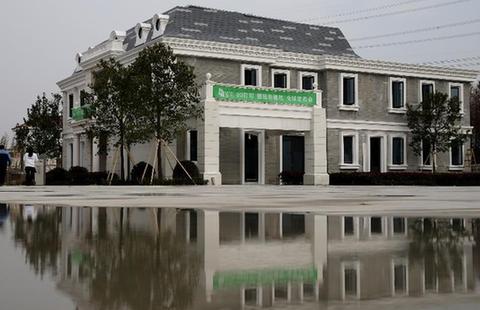New foreign investment law offers level-playing field
By Mu Chen/Zhong Nan/Gao Yuan (China Daily) Updated: 2015-01-21 09:13Charlie Dai, principal consulting analyst from Forrester Research Inc, said China will have a firm grip on IT products used in various government procurement projects in the coming years.
"It is clear that China is determined to protect its information safety. Overseas players will have to conform to government regulations if they want to win government contracts," he said.
China has also included emerging tech sectors like cloud computing in its security watch list.
Zuo Xiaodong, vice-president of the China Information Security Research Institute, told China Daily last month that the country will start rating the trustworthiness of cloud-computing companies which provide services to the government.
"Only companies that get full security clearance will be allowed to join government-funded projects," said Zuo, who is a leading expert involved in drafting the policy.
To assist these moves, China will apply nationwide what it has called a "negative list" model, meaning that foreign companies can invest in any area that is not specifically banned or restricted without having to gain prior approval from authorities.
Sun Jiwen, spokesman for the Ministry of Commerce, said the law will mean that most foreign investment entering China will no longer need approval from local authorities. In addition, foreign investors will also enjoy equal treatment with local investors in sectors that are not on the negative list.
"The law also fights against monopolies and other forms of unfair competition in the domestic market, and protects the interests of investors as well as labor rights."
The ministry did not say when the law would be adopted and put into effect but indicated that it would combine and update three existing pieces of legislation covering foreign investment, including a joint-venture law.
James Zimmerman, chairman of the American Chamber of Commerce in China, said AmCham China supports the streamlining of laws and regulations that affect foreign-invested companies and the way they operate in China.
"We also support a revision of the law that will ease the approval procedures for the establishment and operation of foreign-invested enterprises in China, as well as provide for greater market access and the reduction of trade barriers that affect US companies," said Zimmerman.
- China's wealth gap narrows as disposable incomes grow
- Illuminating wedding dress lightens Shanghai expo
- Robust home sales bring cheer to developers
- Appetite for luxury wanes in China
- Top 10 cities with highest mortgage rate
- Factbox: China's 2014 economic figures
- Bohai sea underwater railway plan gets NDRC's support
- Protest at China subsidiary will not impact customers

















